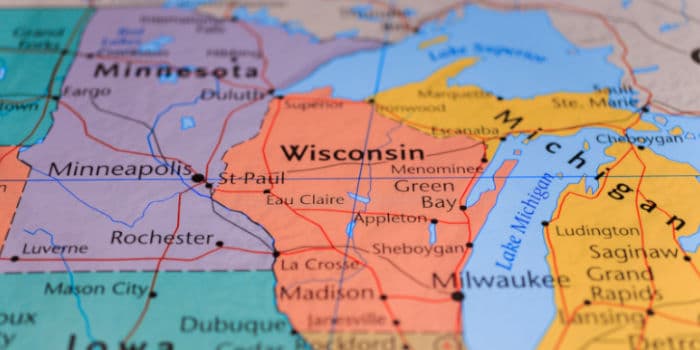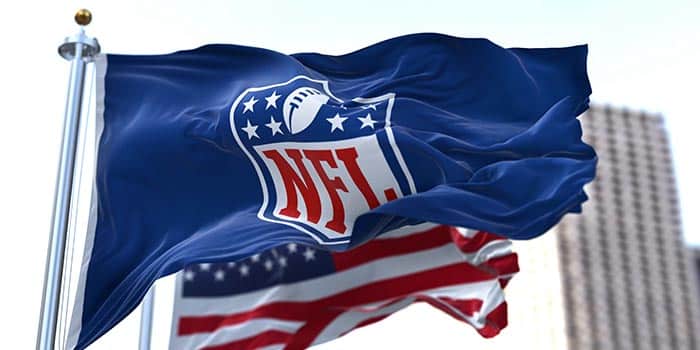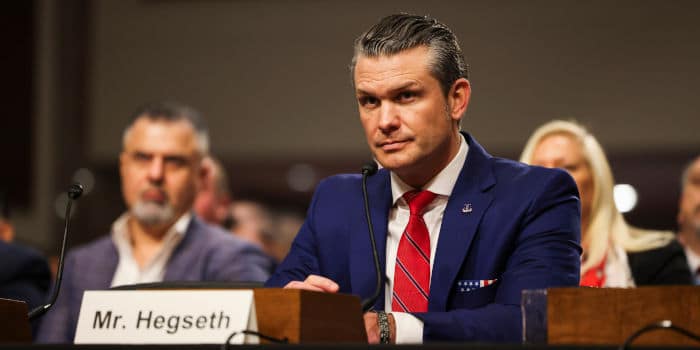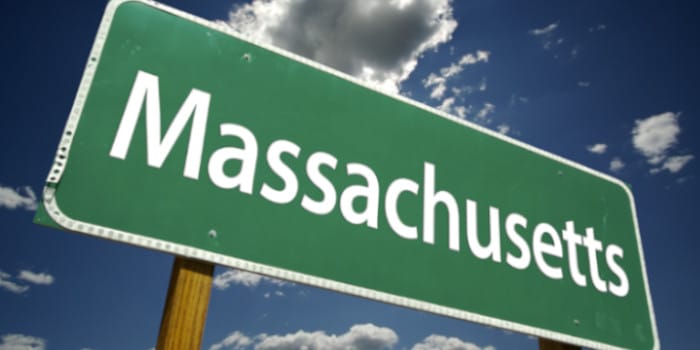Fact-checked by Stoyan Todorov
Judge Cancels Tribal Lawsuit on Colorado Sports Betting
Federal judge ends Colorado’s heated dispute with Southern Ute and Ute Mountain Ute by dismissing the online sports betting lawsuit

A federal judge has dismissed a lawsuit filed by the Southern Ute and Ute Mountain Ute Tribes challenging Colorado’s management of online sports betting.
The ruling signals the end of a months-long dispute over millions in tax revenue generated by the state’s constantly developing market.
Only Location Matters
The Tribes had argued that, under federal gaming law, they had the right to operate online sportsbooks following the 2019 passage of Proposition DD, which legalized sports betting in the Centennial State. Their complaint was aimed at establishing whether online bets placed off Tribal lands should be considered subject to the Indian Gaming Regulatory Act (IGRA).
Judge Gordon Gallagher ruled that the location of the bettor is “the only determining factor” that matters, as “gaming occurs where the bettor is located”.
“If the bettor is on Indian land, the gaming activity is on Indian land and IGRA applies. If the bettor is off Indian land, e.g., in Denver, the bettor is not engaged in gaming on Indian land and IGRA does not apply.”, Gallagher went on.
Gov. Polis, Happy with the Ruling
A spokesperson for Gov. Jared Polis said the state welcomed the decision.
“We are glad that the court ruled in the state’s favor to ensure Colorado can continue to manage sports betting in a way that works best for Coloradans and our state and continue funding important water projects around the state. We are dedicated to working together with the Tribes on gaming matters, and we look forward to ongoing conversations,” the statement said.
The lawsuit was originally filed in July 2024 and escalated after the state asked the Tribes to follow the standard tax rules established for wagers placed outside reservation lands. The requirement included the 10% tax that funds the state’s water projects.
However, the Tribes argued that, under a “spoke-and-hub” interpretation, all online wagers processed through Tribal servers should count as being on Tribal land.
Judge Gallagher acknowledged that modern technology has complicated the decades-old law. “While not without its definitional hurdles, a retrospective look back to when IGRA was enacted in 1988 shows a simpler technological time when both the gambler and the game, e.g., a roulette wheel, were likely in the same place at the same time,” he wrote.
The ruling makes clear that Colorado cannot regulate Tribal wagers placed on reservations but can oversee bets originating from Tribal lands. Sports betting has become a major source of revenue for the state.
Last fiscal year, Coloradans placed over $6 billion in wagers, generating nearly $37 million in tax revenue. Online betting alone contributed more than $3 million in August from $38 million in wagers, far outpacing retail betting.
With the lawsuit dismissed, Colorado can continue managing online sports betting while the Tribes maintain their operations on Tribal lands.
After finishing her master's in publishing and writing, Melanie began her career as an online editor for a large gaming blog and has now transitioned over towards the iGaming industry. She helps to ensure that our news pieces are written to the highest standard possible under the guidance of senior management.

















